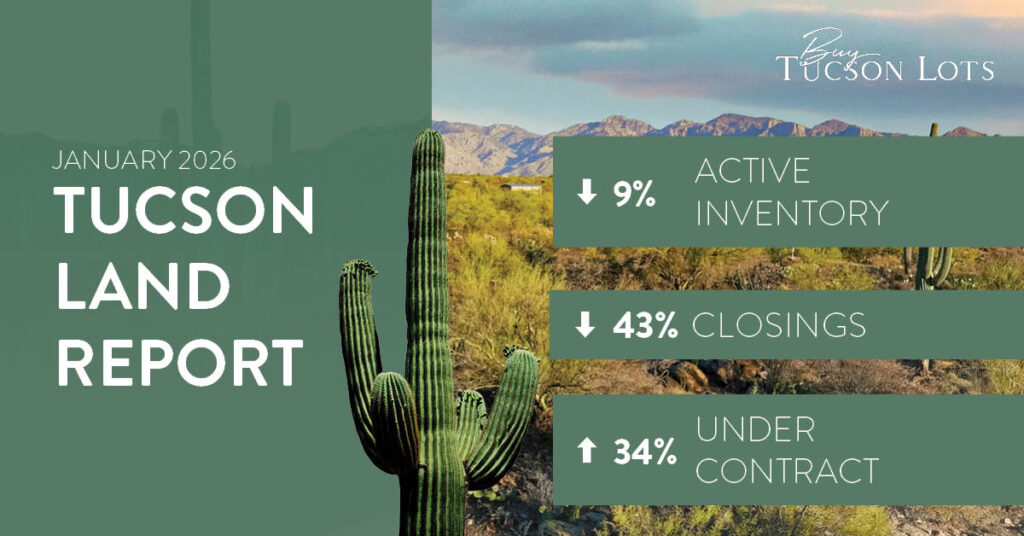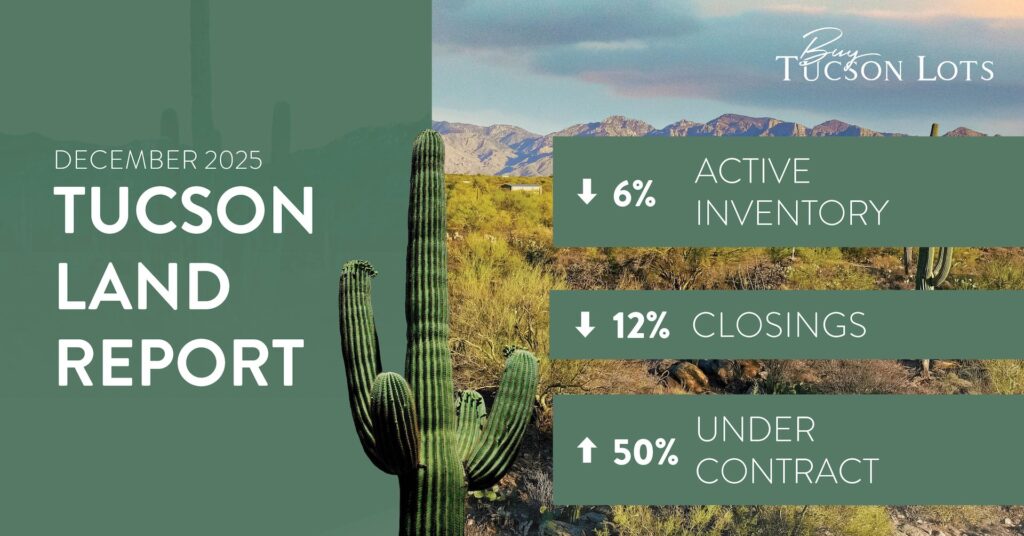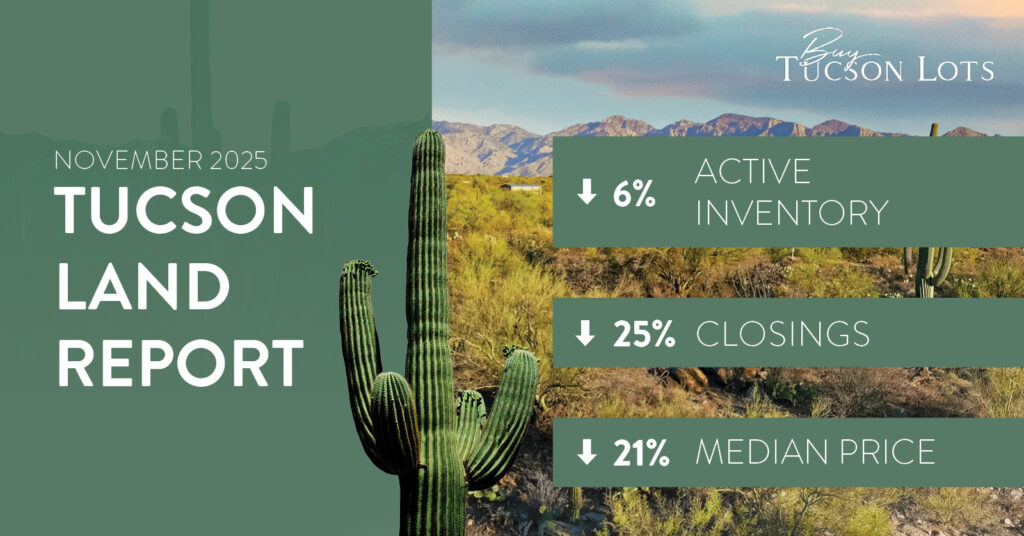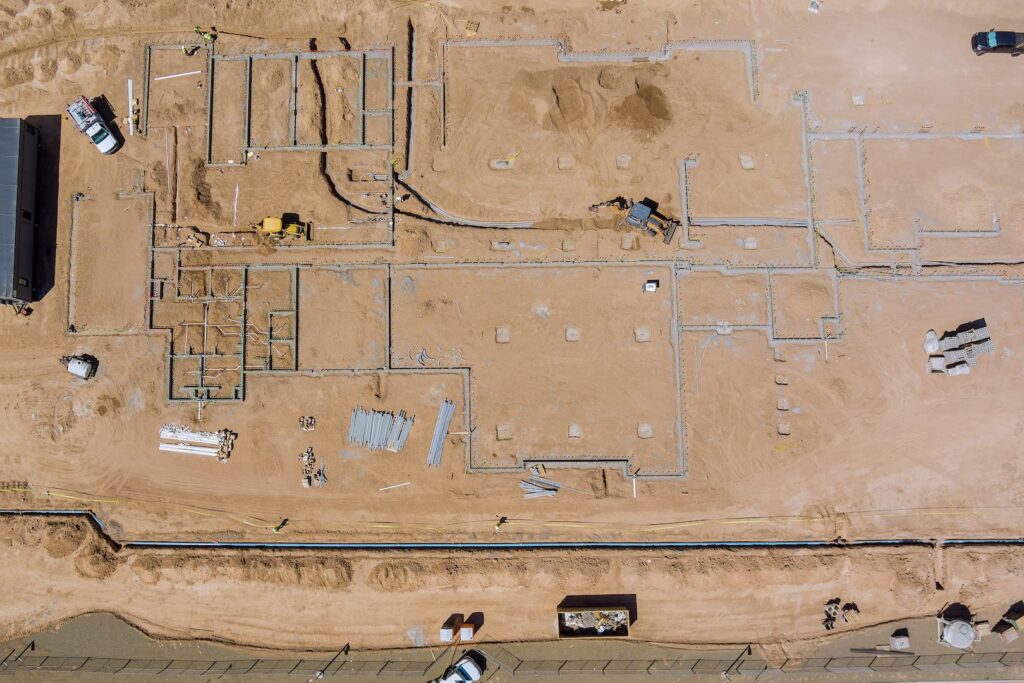When most people consider making a move to a new home, they envision the home of their dreams, then hit the Internet and begin searching for houses on the market that is close to that vision. Still, there are others who are not willing to find the already-built home which comes close to the house they can visualize clearly in their minds, and instead choose to create the home of their dreams from the ground up.
If you have been struggling over the decision to buy or build your next home, you’re not alone. It is wise for people on the market for a house to weigh the pros and cons of each before choosing the right path forward for themselves and their family’s future.
Though each individual buyer has their own lists of needs in a potential home, there are some overall pros and cons which should be considered for both a buy and a build.
Buying a New Home
Cons:
– There will always be some concessions made by buyers when it comes to a new home. It is unlikely that a home that was built by someone else will ever be the perfect dream home that you imagined. Perhaps you always envisioned a large pantry in the kitchen or a large backyard, but instead found a house that meets your square footage needs in a neighborhood of your liking, so you concede to buy a house which is almost what you’re looking for.
– Unless the home that you’re buying is a new construction, you will likely need to make some renovations. The average new home buyer in 2015 spent nearly $14,000 in home renovations during their first year in a new home on things like roofs, plumbing, and tree removal.
– Because many of the houses in the market is older, existing homes may not offer modern conveniences you are looking for, and upgrading to a greener, more energy-efficient home can be both time consuming and costly.
– If it feels lived in, that’s because it has been. You will have to deal with the choices that someone else made, whether that means living with them or taking on the cost to make them match your personal aesthetic.
Pros:
– Purchasing a home that is already constructed is a time saver. The average person on the hunt for a house can take anywhere from three to six months to find the home they are looking for, and moves in one to two months after closing. The ability to move directly into your new home after closing is a very attractive feature for potential buyers.
– In many instances, it is less costly to purchase a home on the market. Though it is not always the case, the average home buyer can save thousands in up-front costs on the purchase of an existing home.
– If you are attracted to a particular neighborhood, buying may be the only option. Many popular neighborhoods do not have empty lots upon which to build a home, but will likely have homes on the market throughout the year.
– Many communities have Home Owners Associations which can help to maintain property values through enforcing changes and upkeep of properties and communal spaces.
Building a New Home
Cons:
– Building a new home generally costs more than buying. In 2014, the average custom home build cost nearly 20% more than purchasing an existing home.
– Planning a new home means doing just that—planning. Creating a new home from the ground up means making all the decisions up front, and considering what needs your home will serve for the next 10, 20, or even 30 years.
– You will have to live somewhere while your home is being built, and that means you’ll likely be paying to live in two homes during the time it takes to build your new home.
– It takes more time to build a home than it does to buy one. On average, it can take between 7 and 9 months to complete a new home build on your land, as well as an additional few months to close and, if necessary, grade the land.
Pros:
– Building the home of your dreams means that you get to pick and choose every detail that goes into your home, tailoring it in every way to your preferences.
– All modern features can be built-in with new home, like solar power planning, energy-efficient windows and appliances, and smart technologies like smart lighting and climate control, saving you time and money down the line.
– New homes are less likely to suffer from materials that are no longer considered safe or could possibly be harmful to your health, like asbestos.
– When you own the land that your home is built on, you are likely to put down deeper roots as it feels like it is all truly yours. When no one has lived in a home, it feels just as it should—like it was designed specially just for you.
Whatever your decision, the thought of the new home that you’re moving into should fill you with pride, joy, and excitement about starting life in your new home. Just be sure to thoroughly research both tacks and weigh the pros and cons before locking into a housing commitment.







